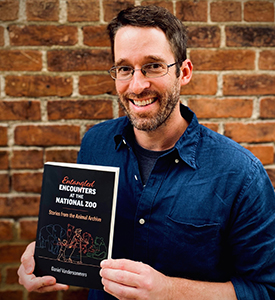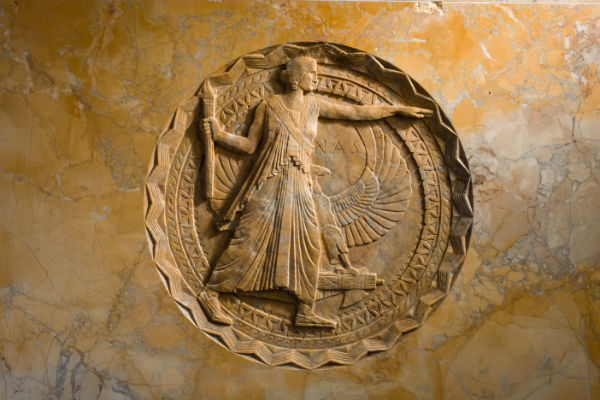Perspectives is an ever-growing library of podcasts, videos, and essays on the history of science, technology and medicine, along with resources for further learning and opportunities to engage in ongoing conversations.
Perspectives provides discussions with leading scholars, interviews with recent authors, and archival highlights from the exceptional collections of Consortium member institutions.
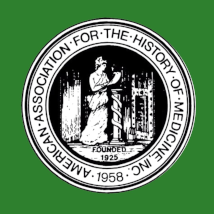
2025 History of Medicine Week
This podcast series connects current-day events and issues in medicine and public health with their longer histories. The series is organized in collaboration with the Education and Outreach Committee of the American Association for the History of Medicine.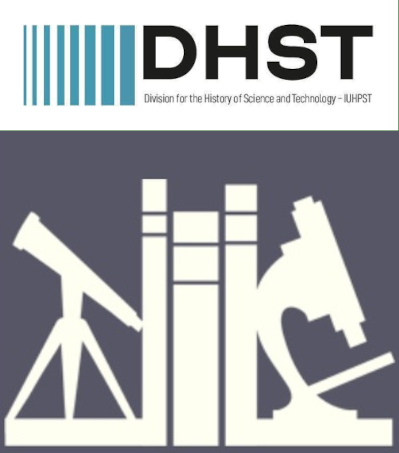
Early Career Scholars Podcasts
This series offers professional development information for early career scholars--and perhaps even some helpful refreshers for more established scholars.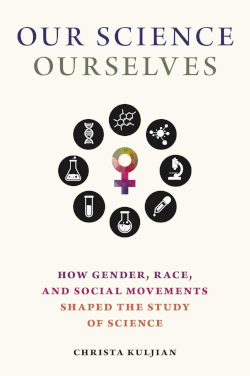
Our Science, Ourselves
Christa Kuljian discusses her book, Our Science, Ourselves: How Gender, Race, and Social Movements Shaped the Study of Science. Focusing on a network of female scientists who began to examine women in science, gender and science, and sexism and racism in the institutions of science, Kuljian helps to uncover the early days of feminist science studies.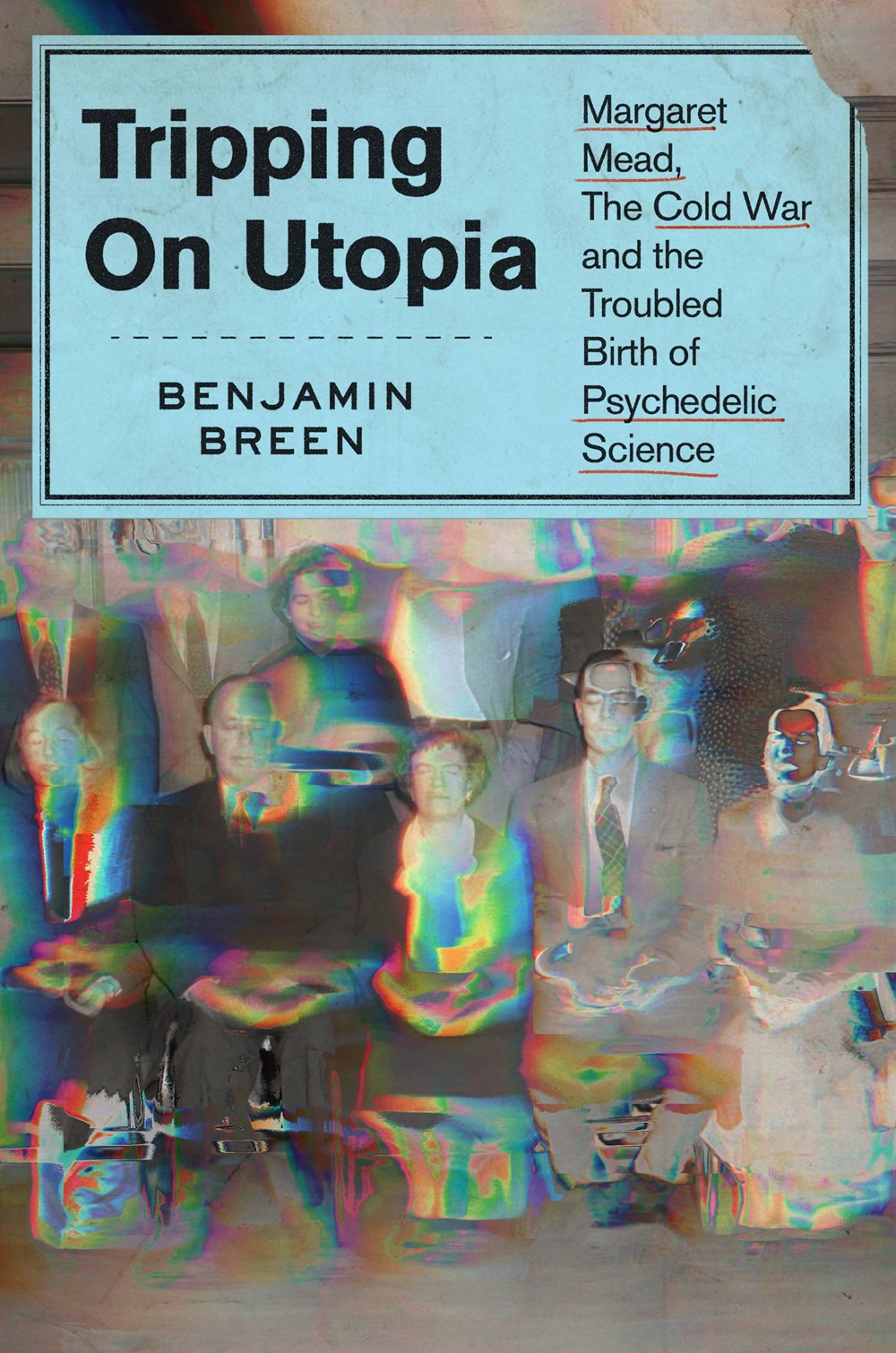
Psychedelics in America
There is a resurgence of interest in psychedelics in the medical world as possible treatments for conditions such as depression, anxiety, and PTSD. This resurgence comes after a period during which psychedelic drugs were thought to be dangerous and have no medical value. An earlier perception was more optimistic. Figures such as Margaret Meade and Timothy Leary looked to drugs like peyote and LSD to allay fears, provide insights, broaden cultural perspectives and lead to chemical enlightenment.
2024 History of Medicine Week
Exploring the risks, benefits, experiences, and best practices for historians of medicine to make meaningful connections beyond familiar scholarly communities.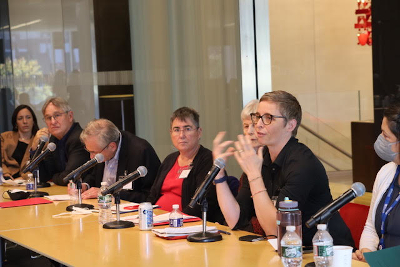
Celebrating 50+2 years of Scholarship: Department of the History and Sociology of Science
Alumni, faculty and students discuss the department's history and contributions as well as new directions for scholarship.
History of Science Society Centenary
As the History of Science Society approaches its centennial celebration in 2024, its members reflect on the past 100 years of the profession, its fascinations and preoccupations, and its possible future in an increasingly globalized world. This podcast is a collaboration between the History of Science Society and the Consortium.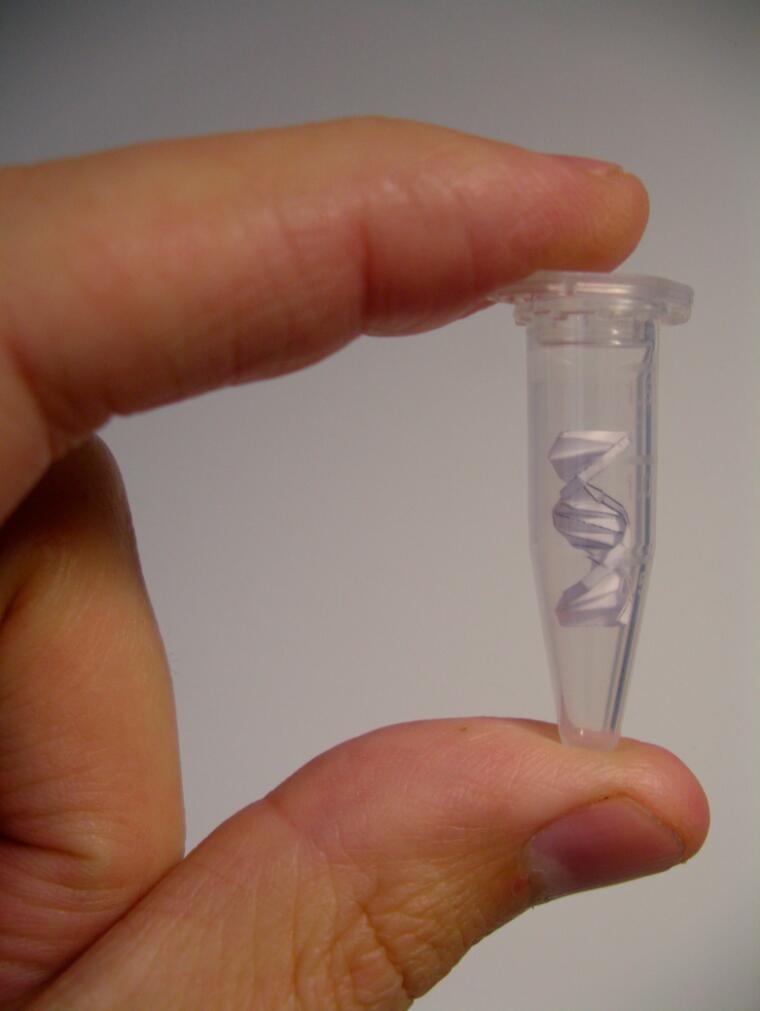
Series: The DNA Papers
This podcast series illuminates the history of seminal discoveries and research through which we learned about the molecule that has been dubbed as the “secret of life” itself: DNA, or deoxyribonucleic acid.
Series: IsisCB Special Issue on Pandemics
A special podcast series for a special issue of the Isis Current Bibliography. This series offers discussions with the special issue editors as well as authors of the issue's thematic essays. It provides insight into the state of current scholarship on the history of pandemics and where the field might be heading in the future.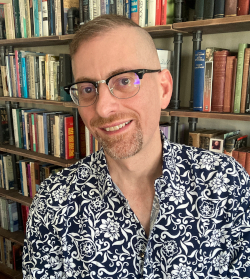
Donald L. Opitz — Daughters of Ceres
Donald L. Opitz discusses his book project, Daughters of Ceres: The Scientific Advancement of Women in Horticulture, 1870–1920 .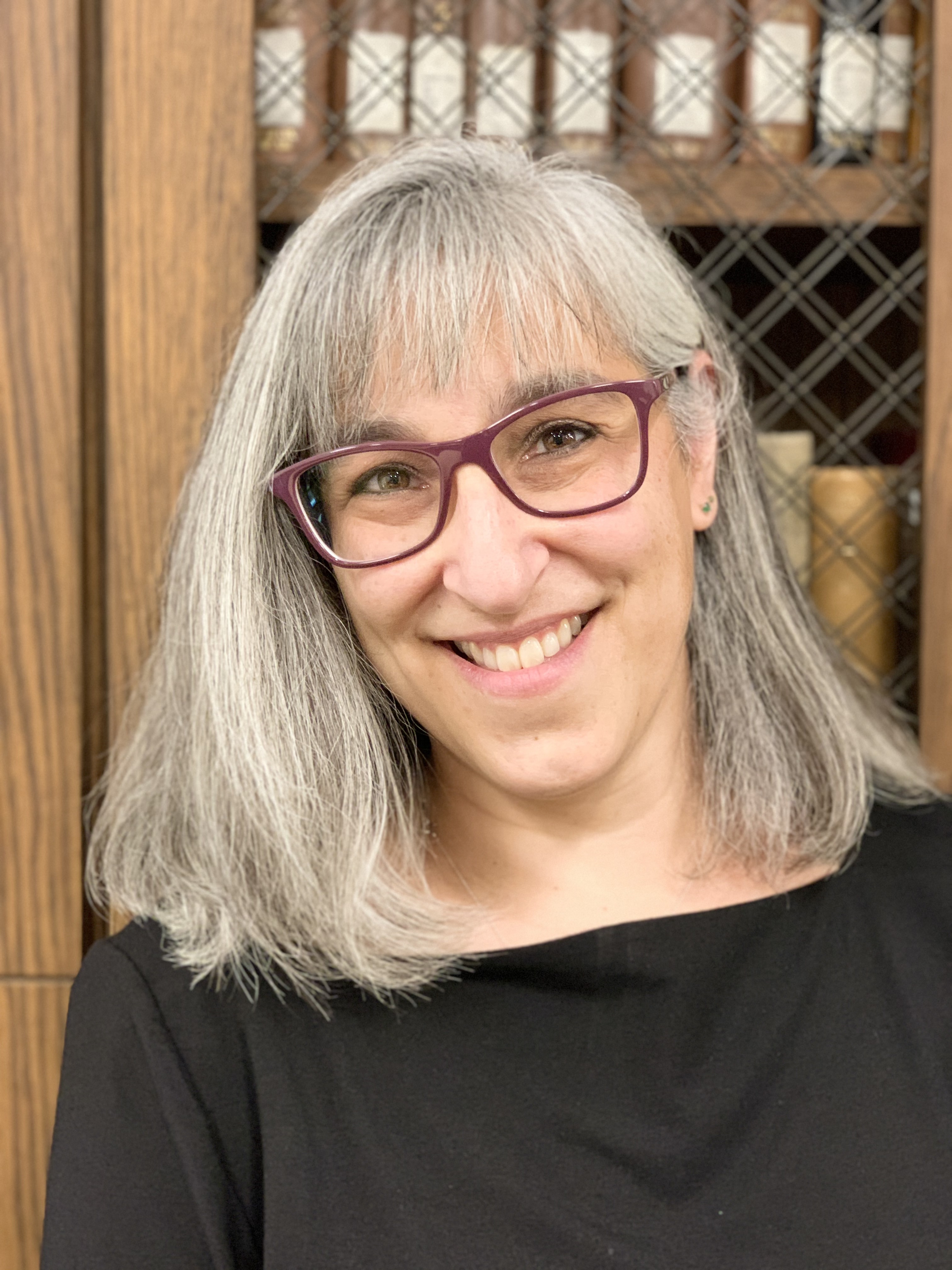
Rena Selya — Salvador Luria: An Immigrant Biologist in Cold War America
Rena Selya examines the life of Nobel-winning biologist Salvador Luria, whose passion for science was equaled by his commitment to political engagement in Cold War America.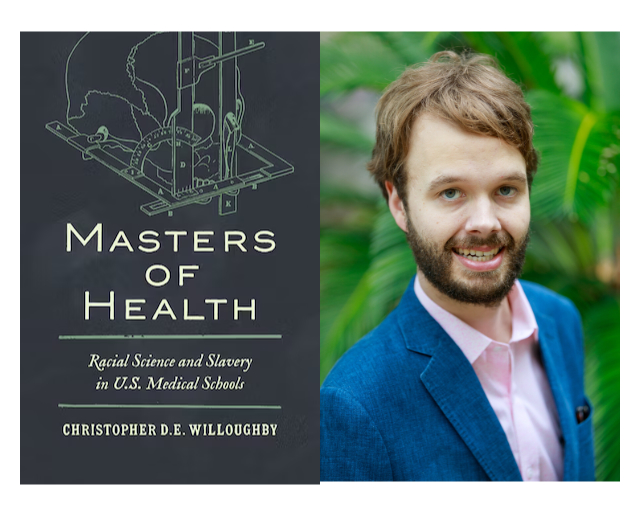
Christopher Willoughby — Masters of Health: Racial Science and Slavery in U.S. Medical Schools
Masters of Health charts the rise of racist theories in U.S. medical schools, examining the extensive legacies of slavery in modern medicine.
Trust in Science: Vaccines
What are the historical roots of resistance to vaccination? What is the data about contemporary attitudes? How do these attitudes relate to changing social, economic and political contexts? How do these issues play out in the relationship between a doctor and a patient?
Sarton Lecture
Laura Stark tells the story of normal control subjects at NIH, which helps expose changes in economic and political structures of science and of American life.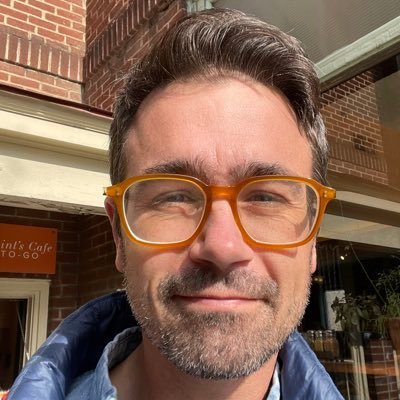
Christopher Heaney — Empires of the Dead
Christopher Heaney describes how South American ancestors became coveted mummies, skulls, and specimens of knowledge and nationhood.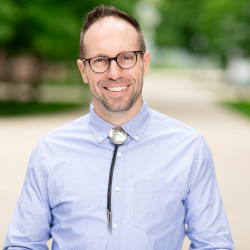
Adam Johnson — Information Control and Indigenous Politics of Documentation in the American Southwest
In this episode of Perspectives, we speak with Adam Johnson, who introduces his project examining the shifting relationships between white ethnographic fieldworkers and Pueblo and Navajo communities in the American Southwest around the documentation of sensitive information.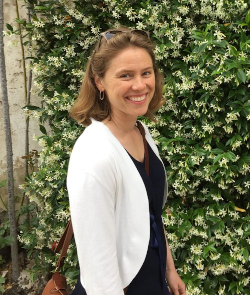
Judith Kaplan — Linguistics: Reconstructing the Discipline through Universals Research
In this episode of Perspectives, we speak with Judith Kaplan, who introduces her project developing a comprehensive history of modern linguistics while simultaneously exploring the ways in which scientific disciplines are shaped and negotiated over time.
Susan Brandt
Susan Brandt demonstrates that women of various classes and ethnicities in early Philadelphia found new sources of healing authority, engaged in the consumer medical marketplace, and resisted physicians’ attempts to marginalize them. Brandt reveals that women healers participated actively in medical and scientific knowledge production and the transition to market capitalism.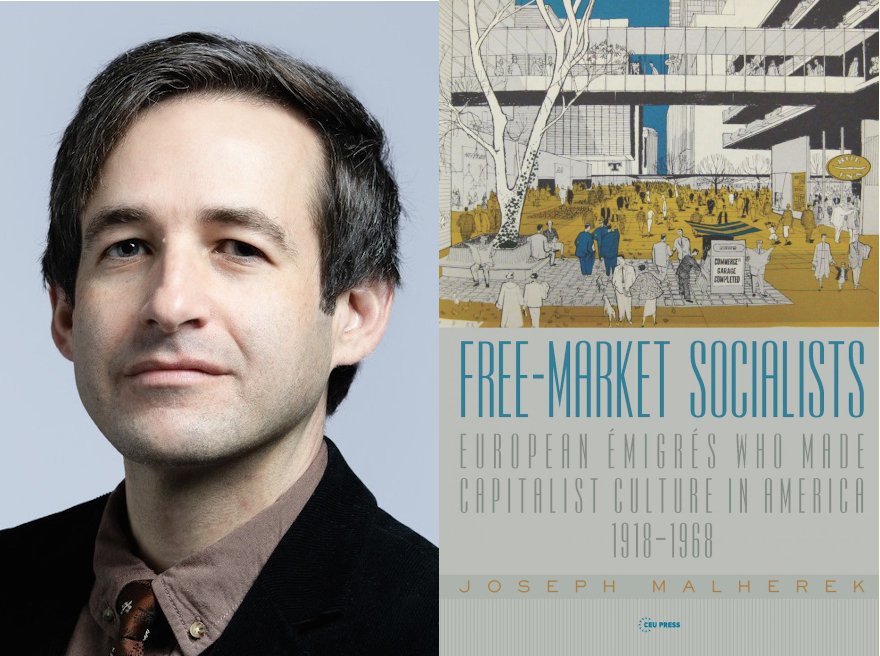
Joseph Malherek — Free-Market Socialists
Joseph Malherek explains the socialist roots of U.S. social research. He charts the lives and careers of Hungarian artist-designer László Moholy-Nagy, the Austrian sociologist Paul Lazarsfeld, and his fellow Viennese Victor Gruen—an architect and urban planner—to tell the story an intellectual migration from Central Europe to the United States. These figures sought answers to the question: why do people do the things they do and make the economic decisions they make? Malherek demonstrates how U.S. businesses channeled socialist thought for creative solutions to the practical problems of industrial design, urban planning, and consumer behavior.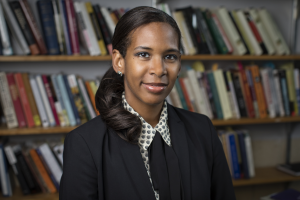
Rana Hogarth — Eugenics and the Legacies of Slavery
In this podcast, Rana Hogarth describes her background and her research on Eugenics and the Legacies of Slavery in Consortium collections.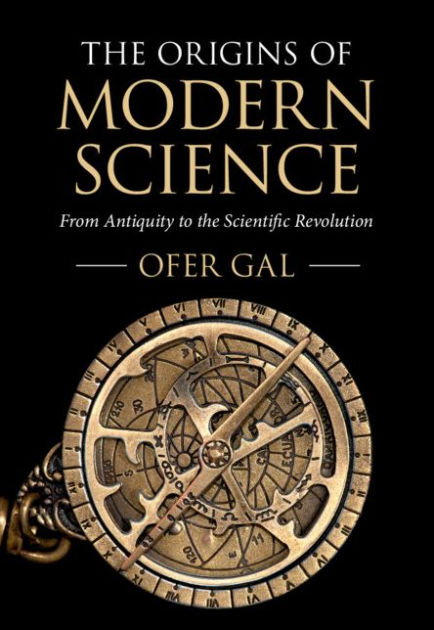
Ofer Gal — The Origins of Modern Science
Listen in as professor of History and Philosophy of Science Ofer Gal offers a peek into his exploration of science as a global cultural phenomenon.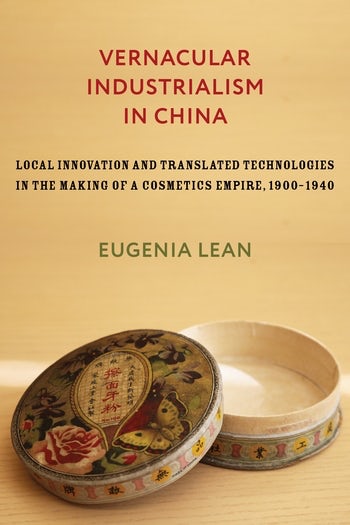
Eugenia Lean — Vernacular Industrialism in China
Eugenia Lean explores the transformation of Chinese industry in the early twentieth century. Lean demonstrates the importance of culture and knowledge production to China's industrial, technological, and economic development.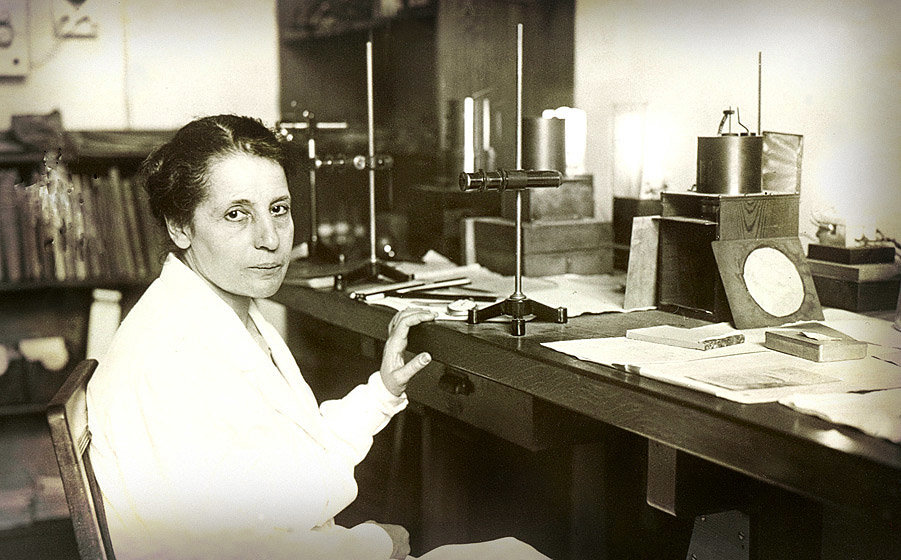
Injustice in Science: The Meitner Scandal and Robert Millikan's Troubling Legacy
Watch Peter Sachs Collopy, Michael Chwe, Ruth Lewin Sime, and Robert Marc Friedman and they discuss justice and injustice in science, with specific reference to the "Meitner Scandal" and the re-evaluation of Robert Millikan's troubling legacy. Susan Lindee moderates the panel, and Sue V. Rosser provides commentary and discussion.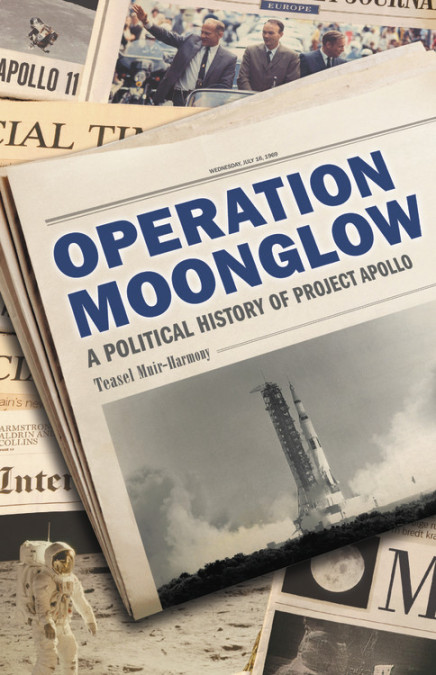
Teasel Muir-Harmony — Operation Moonglow
Teasel Muir-Harmony discusses the political history of Project Apollo and the domestic and foreign policy considerations that went into trying to land a human on the Moon by the end of the 1960s.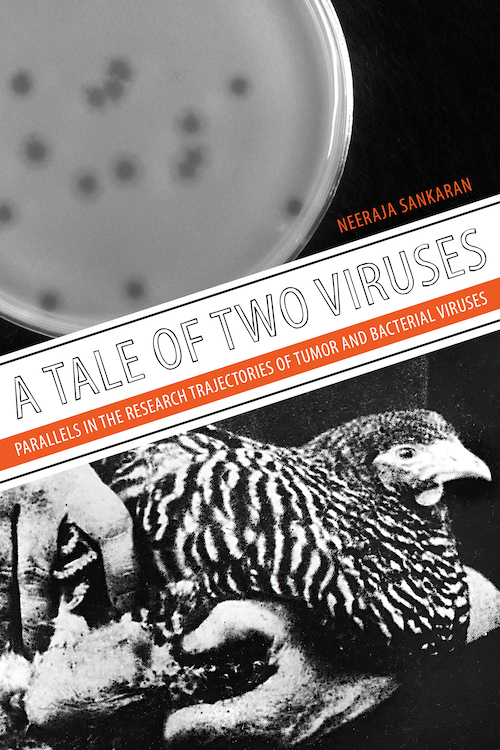
Neeraja Sankaran — A Tale of Two Viruses
Neeraja Sankaran provides a novel approach to the history of the development of medical virology by comparing the history of two groups of medically important viruses: bacteriophages and sarcoma agents.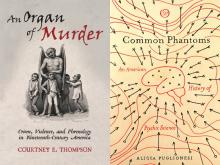
Sciences of the Mind
Courtney Thompson and Alicia Puglionesi discuss their books on the history of phrenology and psychical science in nineteenth- and early twentieth-century America.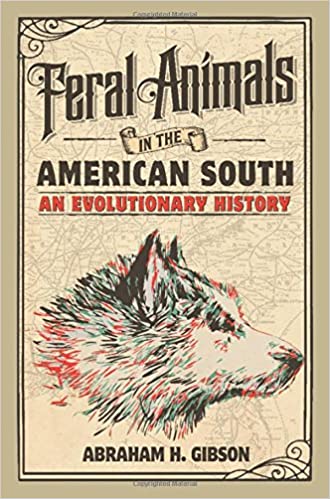
Feral Animals in the American South: A Conversation with Abe Gibson
Abraham Gibson explores the history of the Southern United States through its feral animal populations, providing us with an understanding of how domestication and the wild have informed each other over the last four hundred years.
Black Holes | The Edge of All We Know
Watch Peter Galison as he discusses his latest film with esteemed colleagues Lorraine Daston and Simon Schaffer, and then answers questions about the film from friends of the Consortium.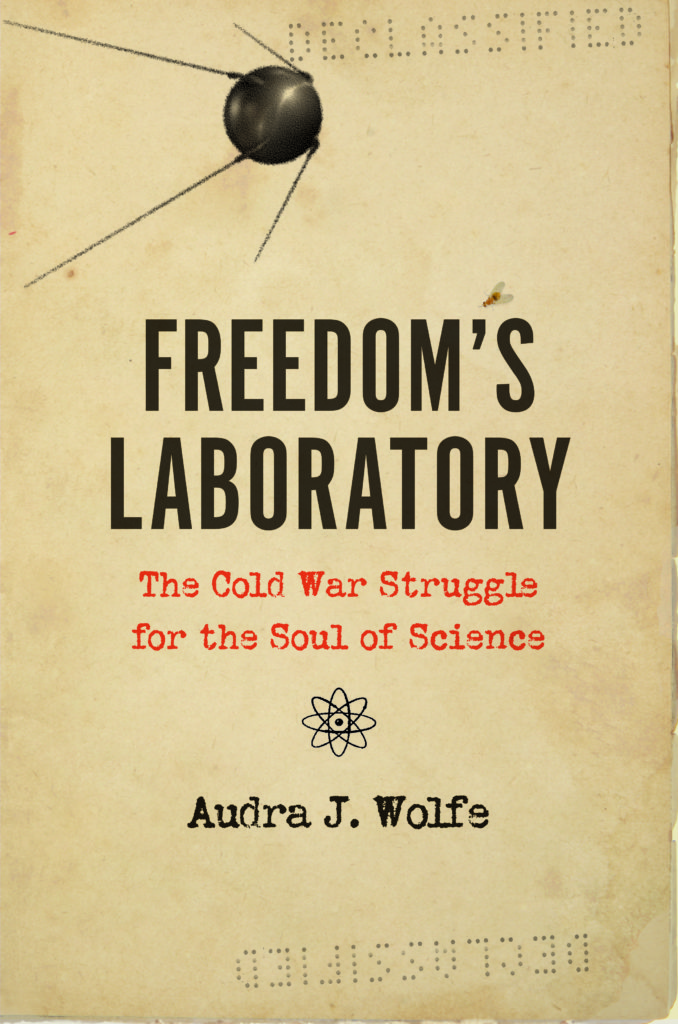
Freedom's Laboratory: A Conversation with Audra Wolfe
Listen to historian Audra Wolfe as she examines how science was defined and used as a tool of cultural diplomacy and international relations during the Cold War.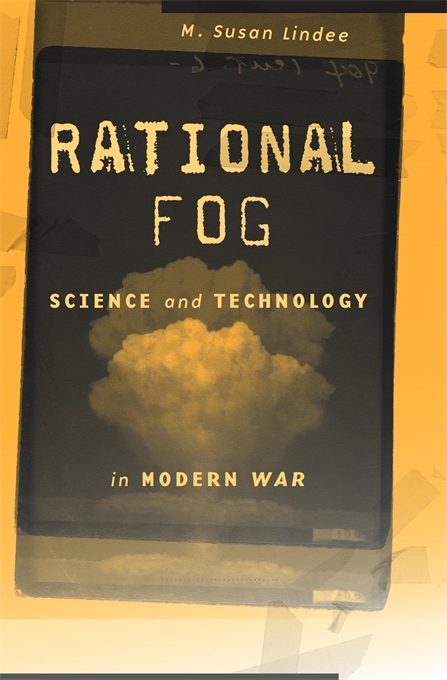
Rational Fog: A Conversation with Susan Lindee
Listen to historian Susan Lindee as she discusses how the military establishment transformed science and technology, interrogates why the victims of technologies of war are often left out of our historical accounts, and questions whether growing defense budgets are in society's best interests.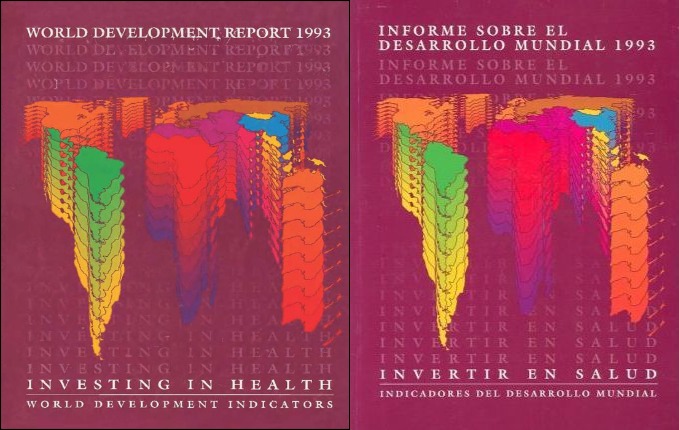
The Economization of Global Health
Scholars Dean Jamison and Abdo Yazbeck discuss the creation and impact of the World Bank's World Development Report 1993: Investing in Health, an influential document in the history of global health that they helped to create. They discuss and answer questions about the economization of health, the creation of the DALY measure, and the benefits and downsides of the World Bank's role in international health policy.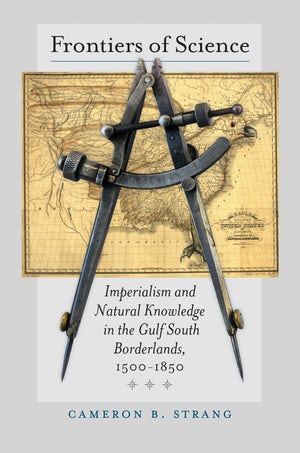
Frontiers of Science: A Conversation with Cameron Strang
Cameron Strang takes American scientific thought and discoveries away from the learned societies, museums, and teaching halls of the Northeast and puts the production of knowledge about the natural world in the context of competing empires and an expanding republic in the Gulf South.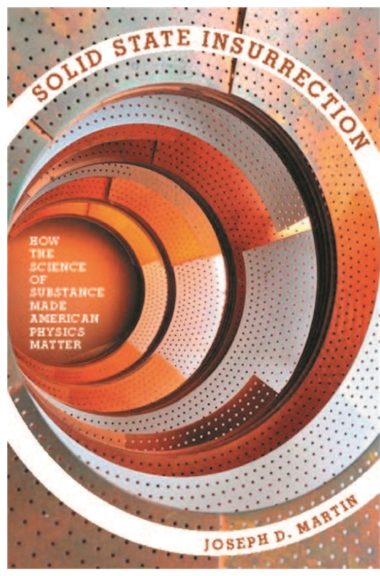
Solid State Insurrection: A Conversation with Joseph Martin
Joseph Martin tells the story of how solid state physics challenged and redefined some of the core ideals of American physics, and in the process played an essential role in sustaining the prestige physics enjoyed in Cold War American society.
Why Go to the Moon?
The advancement of space science, the allure of profiting on lunar resources, and ideas for a permanent human presence on the Moon are raising attention. They also generate controversy and pose challenging questions.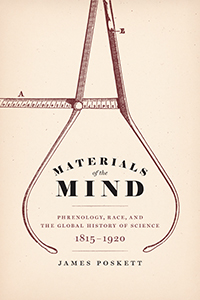
The Global Phenomenon of Phrenology: A Conversation with James Poskett
Phrenology was the most popular mental science of the Victorian age. From American senators to Indian social reformers, this new mental science found supporters around the globe.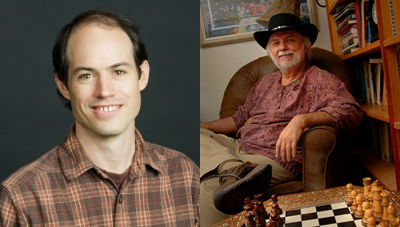
Sickness and the City
Join American historian Billy Smith, and epidemiologist Michael Levy, for a conversation that uses both science and history to understand the intersection of urban development and the spread of contagions.
Routes of Power: Energy and Modern America
In Routes of Power, Christopher Jones describes how the American energy industry grew into a vast network of canals, pipelines, and wires - fueling growth and consumption and leading to environmental problems associated with fossil fuels.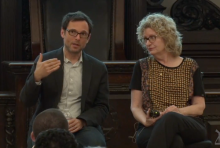
Shopping for Health: Medicine and Markets in America
When and why did patients started to be called "consumers," and what are the positive and negative aspects of twentieth-century medical "consumerism?"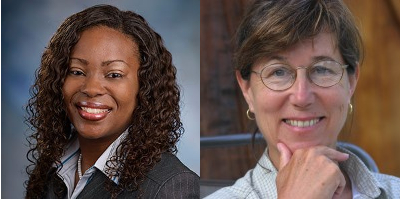
Rewriting the Story of Girls’ Education in STEM: Past Through Present
Is the story of American girls’ and women’s access to science and math education a direct path from exclusion to inclusion? What does equity for girls in science, technology, engineering, and mathematics look like, and how do we get there?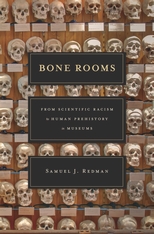
Bone Rooms: From Scientific Racism to Human Prehistory in Museums
In Bone Rooms, Samuel Redman explores the history of human remains collecting. The collection and display of bodily remains became central to debates about ethics, repatriation, and scientific authority that continue today.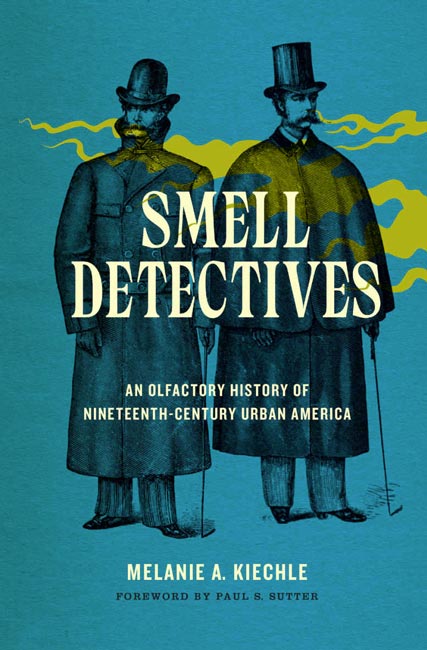
Smell Detectives: An Olfactory History of Nineteenth-Century Urban America
Join historian Melanie Kiechle as she delves into the history of health and sensory perception in 19th century urban environments.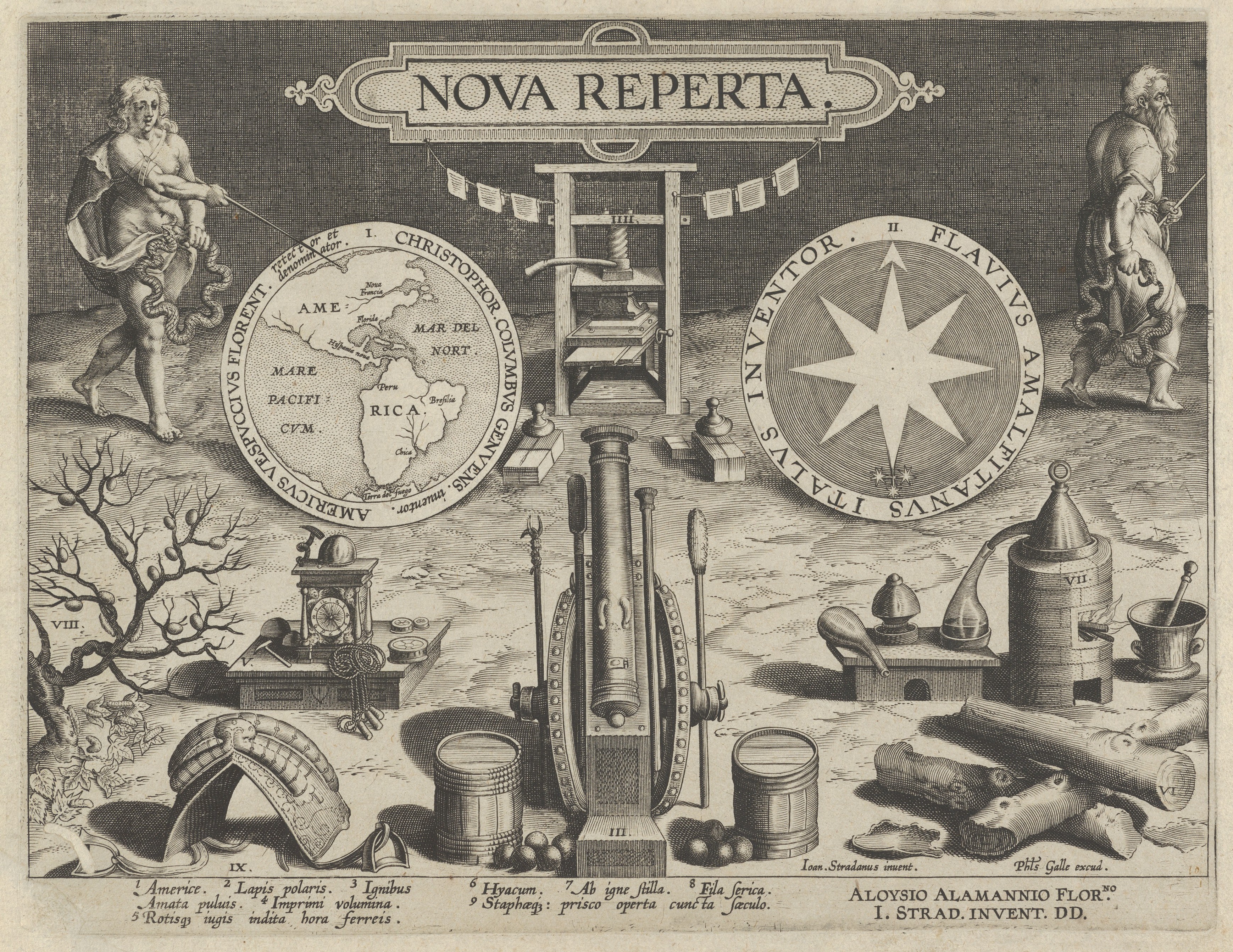
Technology Then and Now
Beginning with an in-depth look at Johannes Stradanus's Nova Reperta, explore the interplay between invention, social change, and economic development from the Renaissance to today.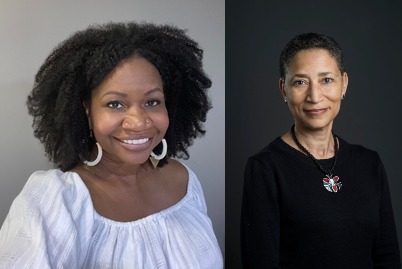
Race, COVID, and Maternal Health
Scholars Deirdre Cooper Owens and Lynn Roberts discuss how slavery and the history of reproductive medicine intersect, the impact of medical racism on Black birthing people, and recent efforts to address racial inequalities in maternal mortality and morbidity.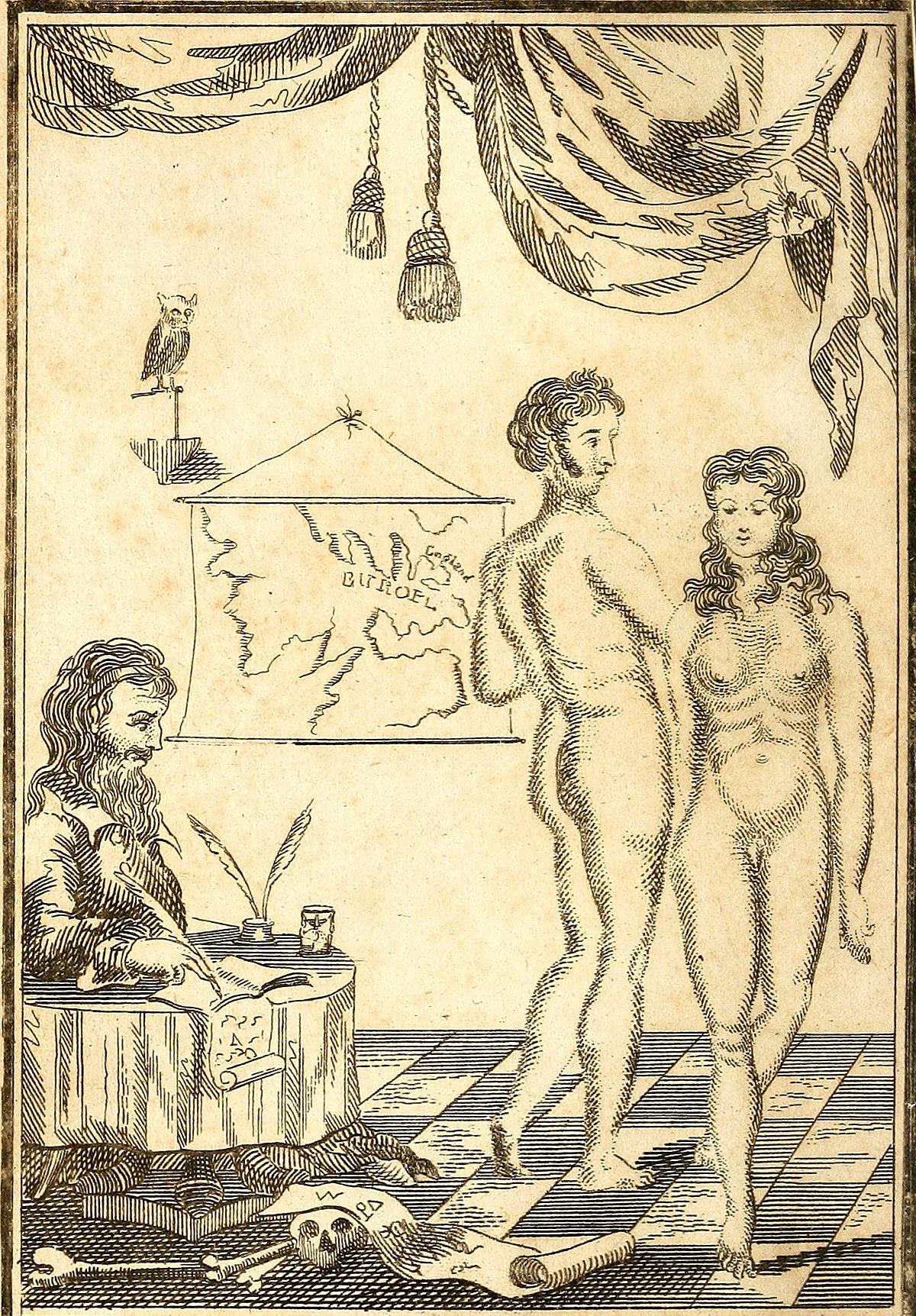
Early Modern Sex Ed.
Follow along with Professor Mary Fissell as she discusses her research on Aristotle's Masterpiece, a late 17th century English sex and midwifery manual.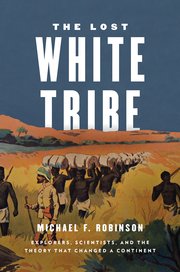
The Power of the Hamitic Hypothesis: A Conversation with Michael Robinson
In this podcast episode, we discuss the history of how biblical notions of race influenced European understandings of Africa.
Polio Across the Iron Curtain: A Conversation with Dora Vargha
Dóra Vargha uses a series of polio epidemics in communist Hungary to understand the response to a global public health emergency in the midst of the Cold War.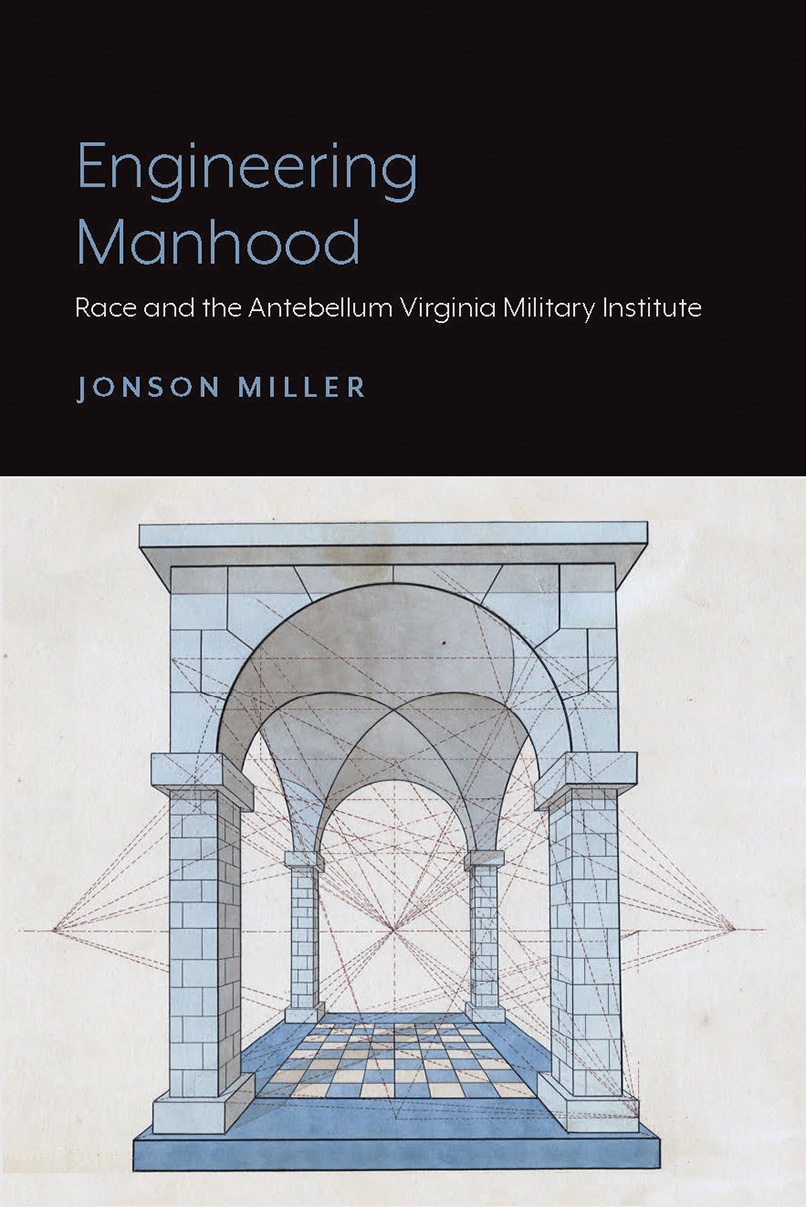
Engineering Manhood: A Conversation with Jonson Miller
Jonson Miller explores the development of the Virginia Military Institute and the engineering profession in the Antebellum United States. Miller delves into the ways in which VMI was a node in the struggle for political representation among lower- and middle-class white men, while explicitly excluding women and black men from its egalitarian mission.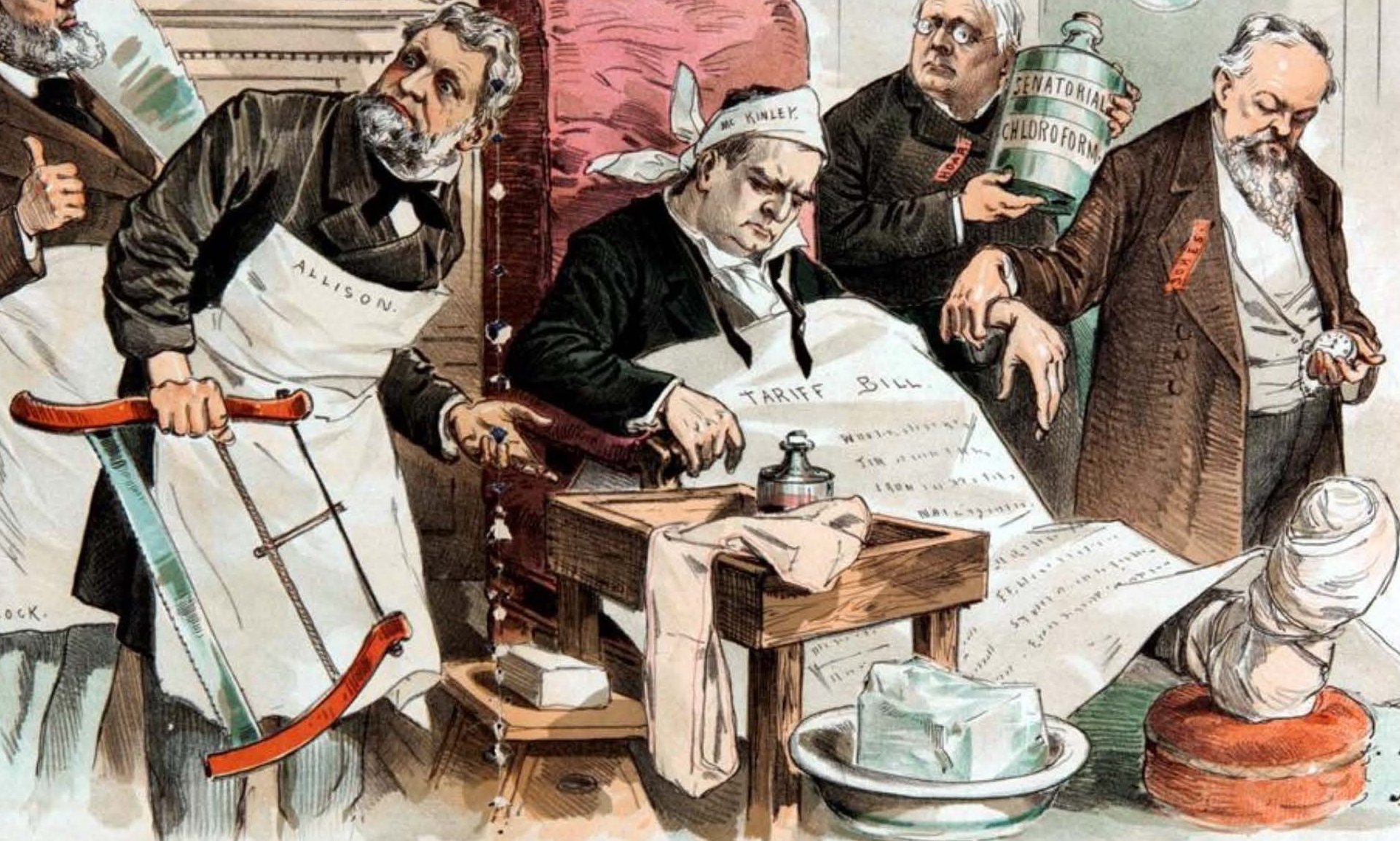
Overlooked Images of Medicine
Bert Hansen guides us through his donated collection of images of medical treatments and technologies found in nineteenth century mass media publications.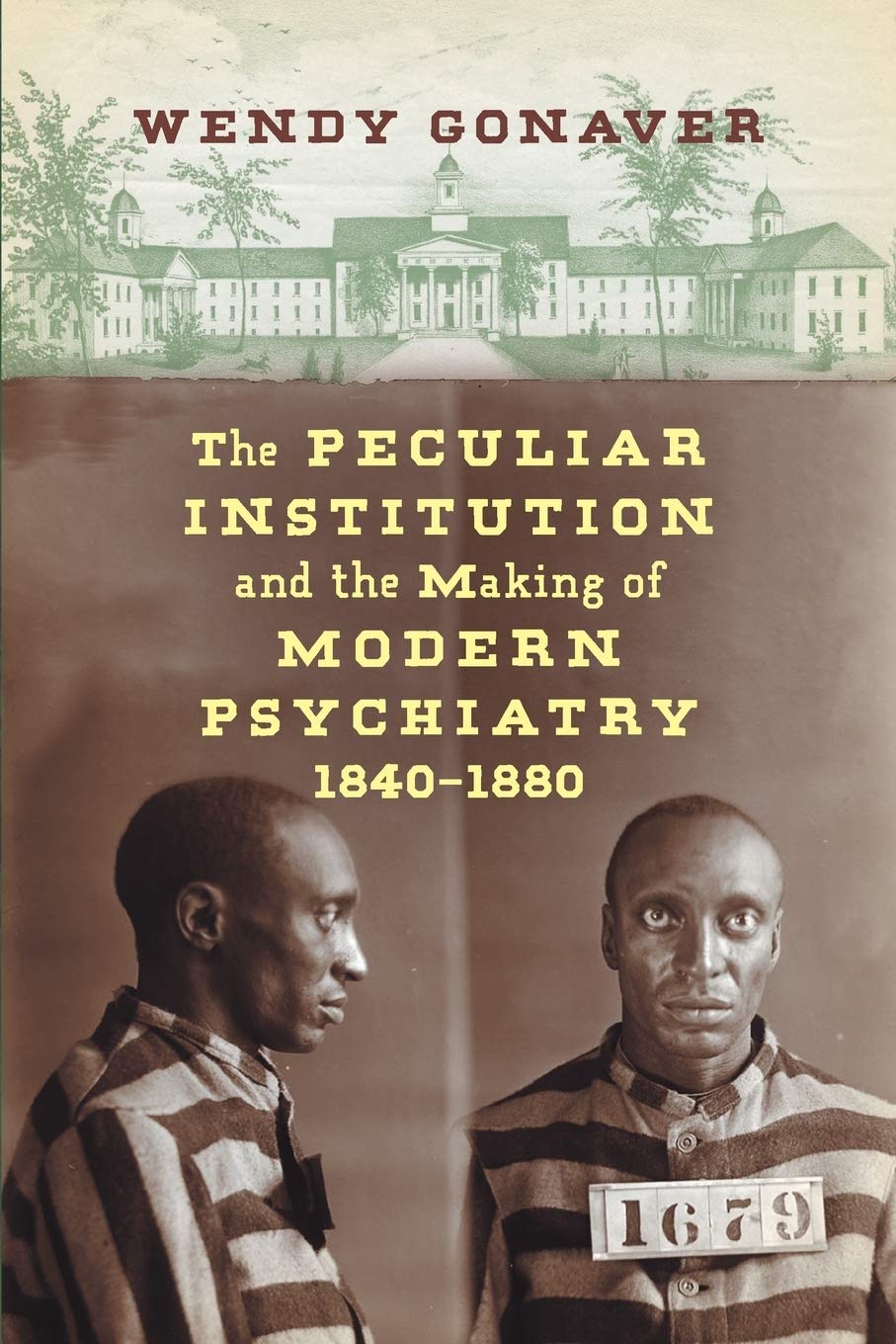
The Peculiar Institution: A Conversation with Wendy Gonaver
Join us as we speak to historian Wendy Gonaver about her research on the history of the Eastern Lunatic Asylum in Williamsburg, Virginia and the practice of psychiatry in the pre- and post-Civil War American South.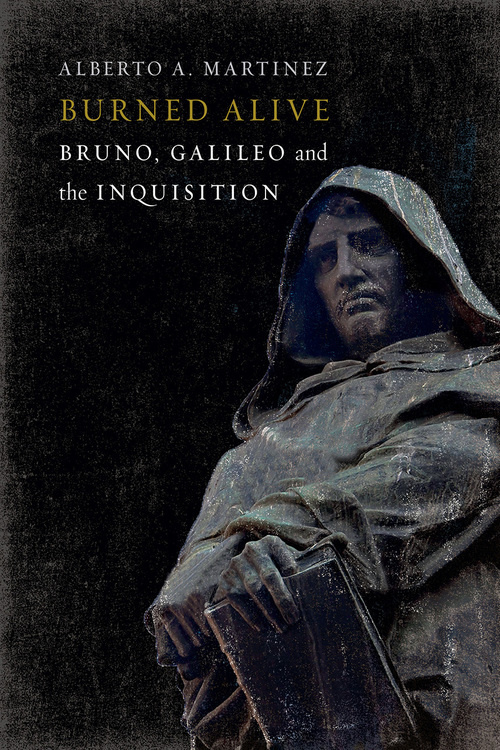
Alberto Martinez — Burned Alive
Listen to historian Alberto Martínez as he discusses the ways in which the visionary discoveries of Giordano Bruno were unfairly discredited and excised from history in a centuries-long campaign against the heterodox philosopher and cosmologist.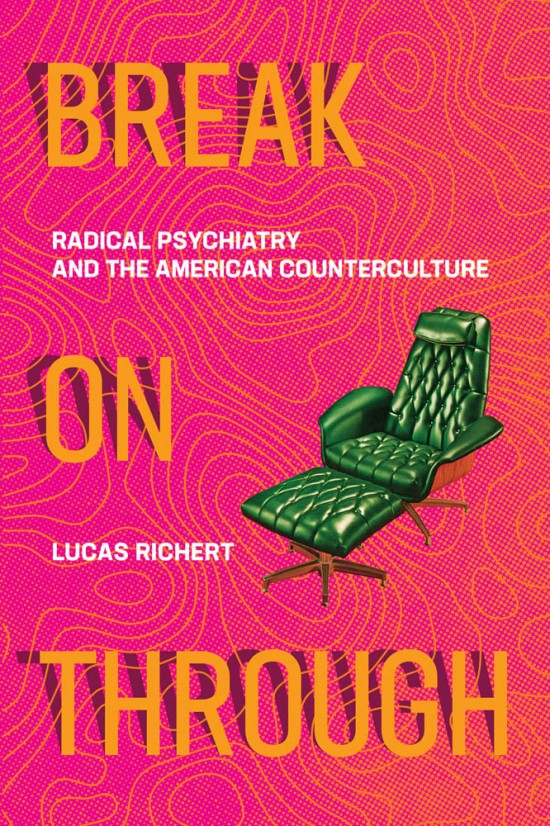
Lucas Richert — Break On Through
Lucas Richert discusses the theory and practice of psychiatry in the 1960s and 1970s, exploring the ways that radical psychiatry and the counterculture changed the discipline.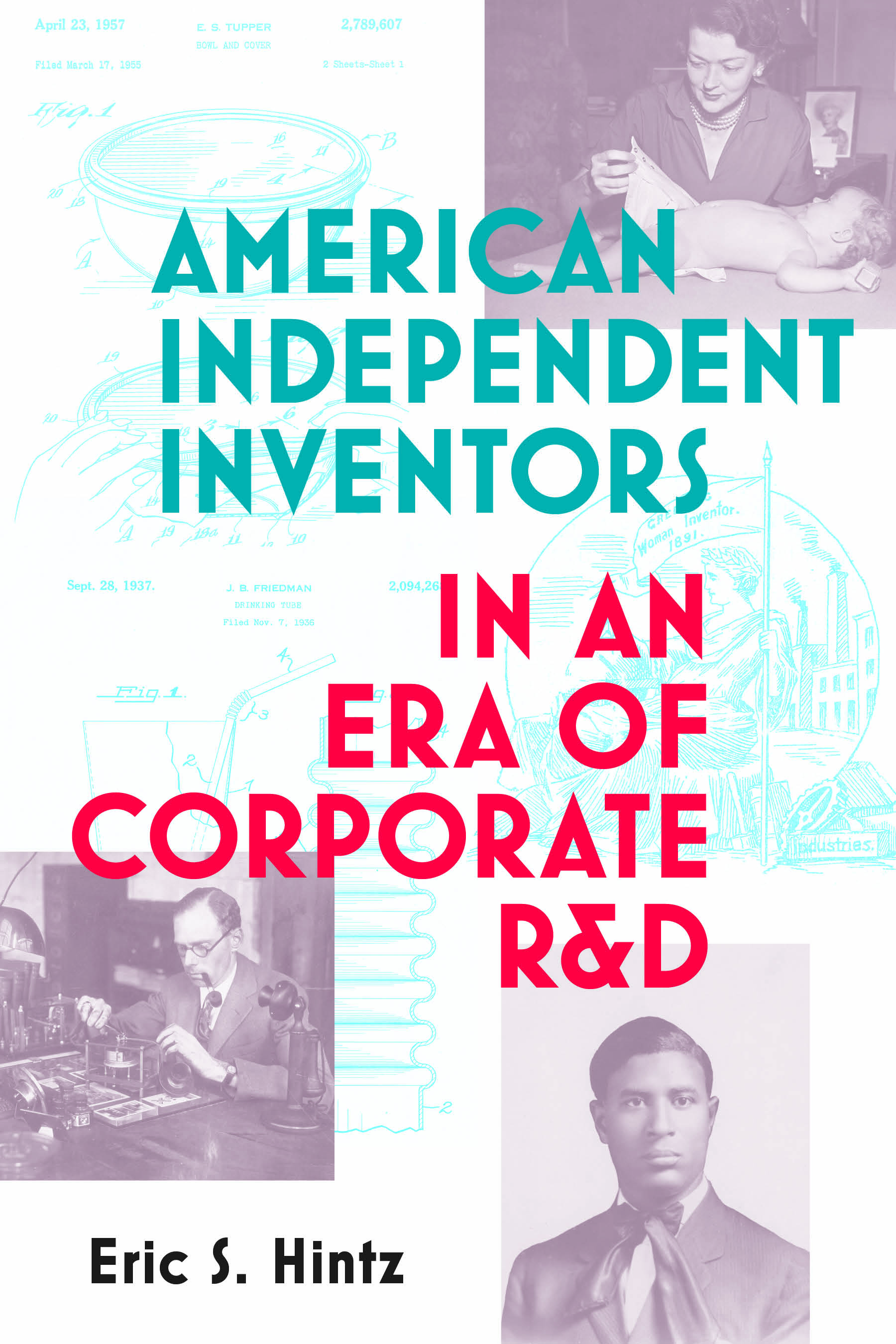
Eric Hintz — American Independent Inventors in an Era of Corporate R&D
Eric Hintz explores the history of independent inventors, their complex relationship with corporate America, and their resurgence in the late 20th and 21st centuries.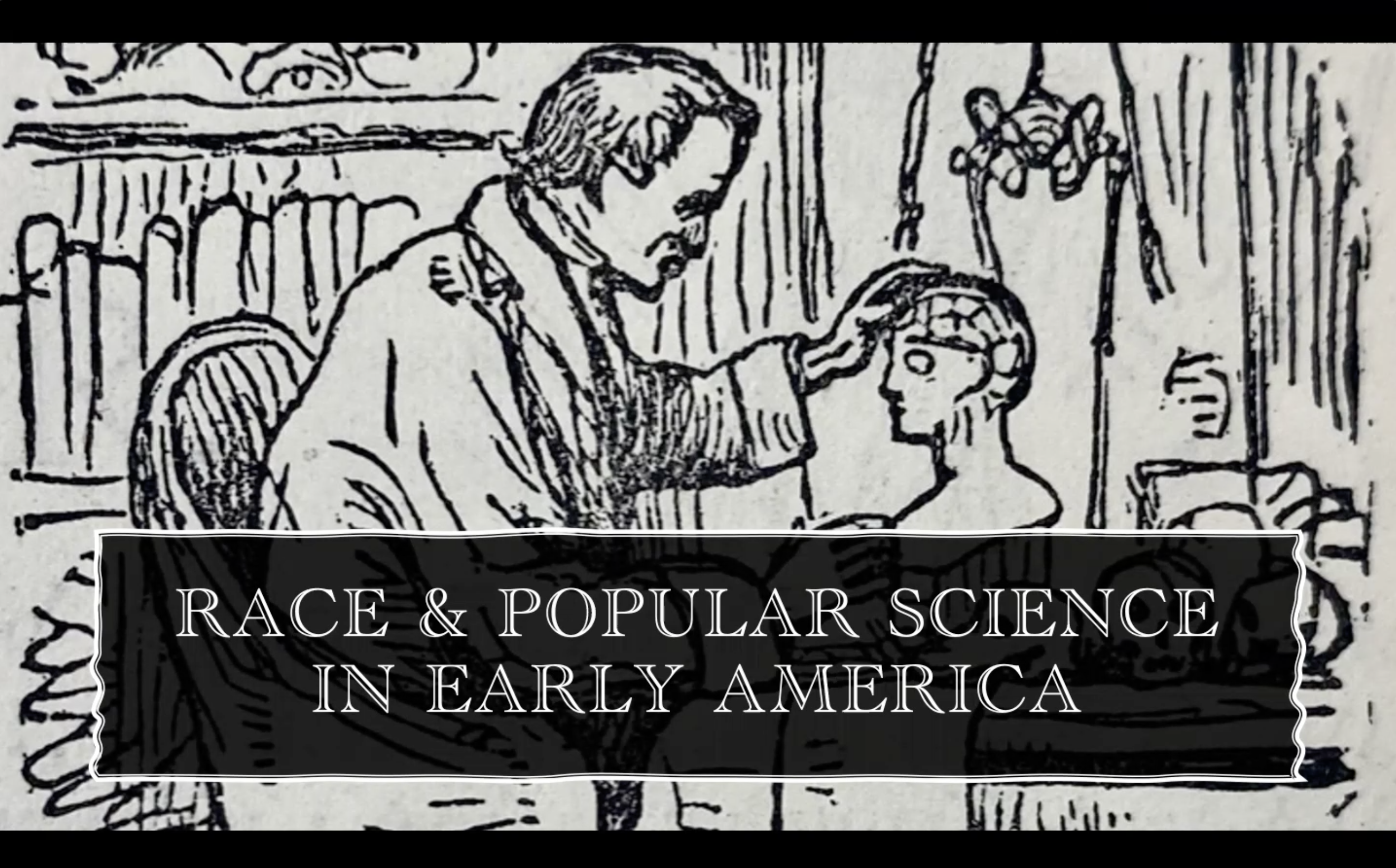
Race and Popular Science in Early America — Phrenology and Physiognomy
Rachel Walker discusses race and science in early America, using archival images pertaining to phrenology and physiognomy to discuss the ways these techniques were used to prop up existing social hierarchies, and also to subvert them.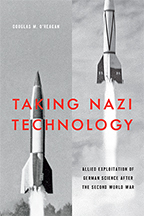
Douglas O'Reagan — Taking Nazi Technology
Douglas O'Reagan discusses the Allied effort to appropriate German science, technology, and industrial capability during and after World War II.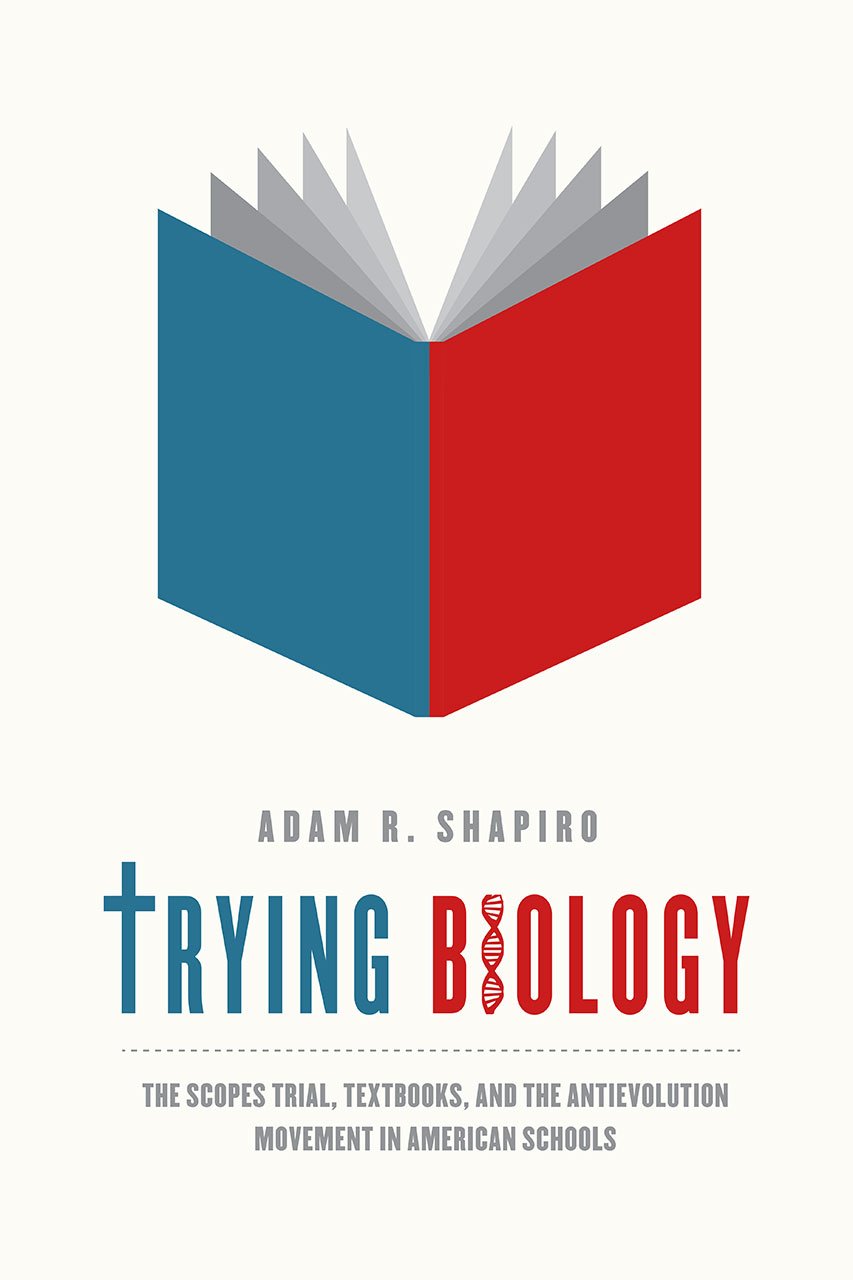
Adam Shapiro — Trying Biology
Adam R. Shapiro examines the Scopes Trial and the antievolution movement in America from a new vantage point, turning to the early twentieth century science textbook industry and push for compulsory education to understand the battle over what was taught in America's schools.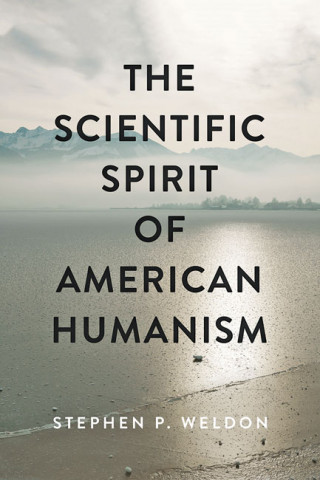
Stephen Weldon — The Scientific Spirit of American Humanism
Stephen Weldon discusses the history of the humanist movement in America and the ways in which its "scientific spirit" became central to American liberal culture and values.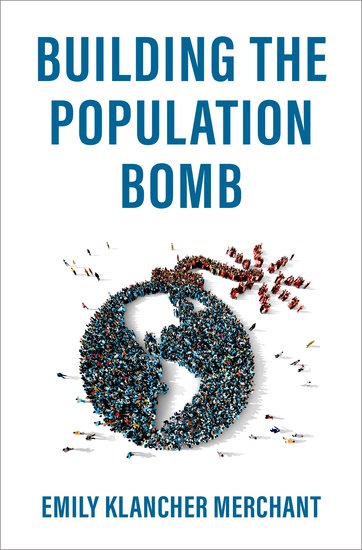
Emily Merchant — Building the Population Bomb
Emily Merchant explores the history of population growth modeling and the intellectual and ideological battles over the concept of overpopulation.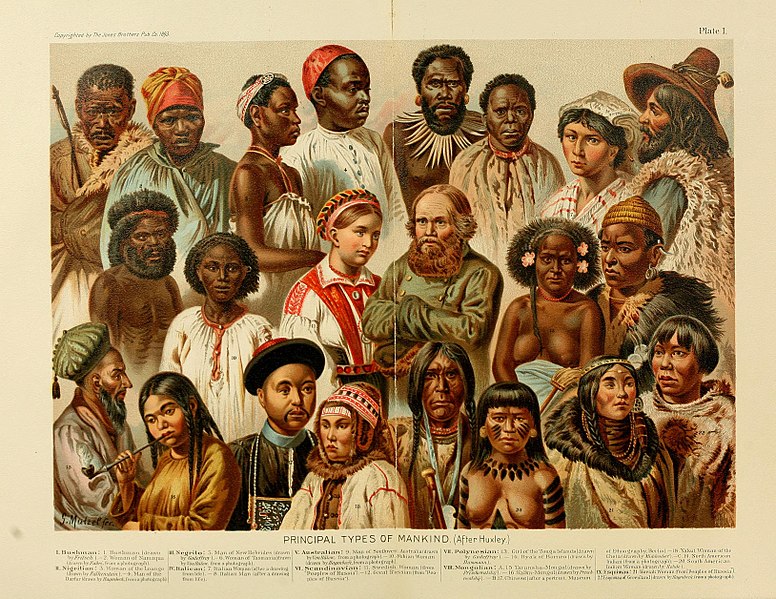
Perspectives on Race and Science
Listen to this ongoing series of perspectives on the history of racial science from scholars in the humanities and social sciences. There are currently eight episodes in the series that investigate the intersections of science and race in the United States, Latin America, Western Europe, South Africa, the Middle East, and Australia.
Perspectives on the COVID-19 Pandemic
Listen to this series of perspectives on the COVID-19 pandemic from renowned scholars in the humanities and social sciences. There are currently twelve episodes in the series, looking at COVID-19 and its historical antecedents from diverse viewpoints and in places such as India, Brazil, China, Iran, South Africa, and the United States.
Presidents of AAHM, HSS, and SHOT
Join the Presidents of the History of Science Society, the Society for the History of Technology, and the American Association for the History of Medicine as they discuss the current and future roles of the three most important organizations in our field. Jan Golinski (HSS), Tom Misa (SHOT), and Keith Wailoo (AAHM) discuss how their organizations are faring, how they are changing, and how we can participate in, benefit from, and help to shape them.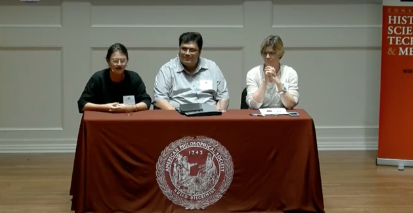
Immortal Life: The Promises and Perils of Biobanking and the Genetic Archive
Explore historical perspectives on the contemporary issue of biobanking and the scientific collection of human biological materials.
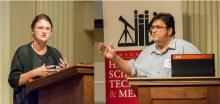
Explore historical perspectives on the contemporary issue of biobanking and the scientific collection of human biological materials.
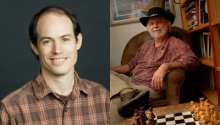
Join American historian Billy Smith, and epidemiologist Michael Levy, for a conversation that uses both science and history to understand the intersection of urban development and the spread of contagions.

What are the historical roots of resistance to vaccination? What is the data about contemporary attitudes? How do these attitudes relate to changing social, economic and political contexts? How do these issues play out in the relationship between a doctor and a patient?
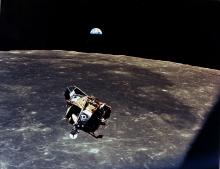
The advancement of space science, the allure of profiting on lunar resources, and ideas for a permanent human presence on the Moon are raising attention. They also generate controversy and pose challenging questions.

Listen to this series of perspectives on the COVID-19 pandemic from renowned scholars in the humanities and social sciences. There are currently twelve episodes in the series, looking at COVID-19 and its historical antecedents from diverse viewpoints and in places such as India, Brazil, China, Iran, South Africa, and the United States.
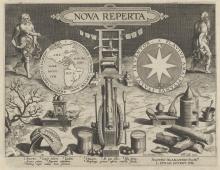
Beginning with an in-depth look at Johannes Stradanus's Nova Reperta, explore the interplay between invention, social change, and economic development from the Renaissance to today.
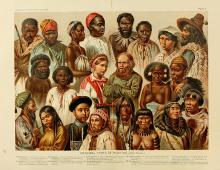
Listen to this ongoing series of perspectives on the history of racial science from scholars in the humanities and social sciences. There are currently eight episodes in the series that investigate the intersections of science and race in the United States, Latin America, Western Europe, South Africa, the Middle East, and Australia.
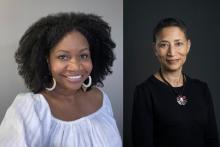
Scholars Deirdre Cooper Owens and Lynn Roberts discuss how slavery and the history of reproductive medicine intersect, the impact of medical racism on Black birthing people, and recent efforts to address racial inequalities in maternal mortality and morbidity.
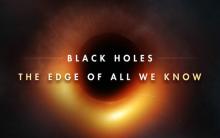
Watch Peter Galison as he discusses his latest film with esteemed colleagues Lorraine Daston and Simon Schaffer, and then answers questions about the film from friends of the Consortium.
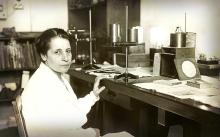
Watch Peter Sachs Collopy, Michael Chwe, Ruth Lewin Sime, and Robert Marc Friedman and they discuss justice and injustice in science, with specific reference to the "Meitner Scandal" and the re-evaluation of Robert Millikan's troubling legacy. Susan Lindee moderates the panel, and Sue V. Rosser provides commentary and discussion.

The Albert M. Greenfield Forum in History of Science: Ruth Schwartz Cowan, Daniel J. Kevles and Peter Westwick preview their book on the history of the U.S. National Academy of Sciences.
Laura Stark tells the story of normal control subjects at NIH, which helps expose changes in economic and political structures of science and of American life.
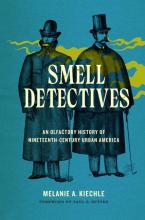
Join historian Melanie Kiechle as she delves into the history of health and sensory perception in 19th century urban environments.
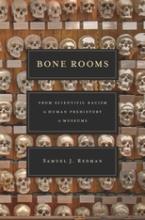
In Bone Rooms, Samuel Redman explores the history of human remains collecting. The collection and display of bodily remains became central to debates about ethics, repatriation, and scientific authority that continue today.
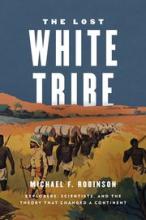
In this podcast episode, we discuss the history of how biblical notions of race influenced European understandings of Africa.

Dóra Vargha uses a series of polio epidemics in communist Hungary to understand the response to a global public health emergency in the midst of the Cold War.
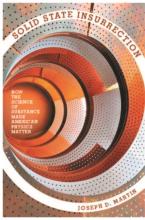
Joseph Martin tells the story of how solid state physics challenged and redefined some of the core ideals of American physics, and in the process played an essential role in sustaining the prestige physics enjoyed in Cold War American society.
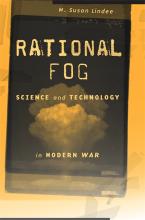
Listen to historian Susan Lindee as she discusses how the military establishment transformed science and technology, interrogates why the victims of technologies of war are often left out of our historical accounts, and questions whether growing defense budgets are in society's best interests.
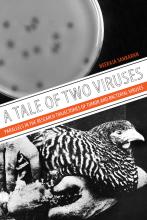
Neeraja Sankaran provides a novel approach to the history of the development of medical virology by comparing the history of two groups of medically important viruses: bacteriophages and sarcoma agents.

Listen to historian Alberto Martínez as he discusses the ways in which the visionary discoveries of Giordano Bruno were unfairly discredited and excised from history in a centuries-long campaign against the heterodox philosopher and cosmologist.
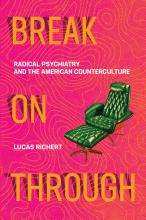
Lucas Richert discusses the theory and practice of psychiatry in the 1960s and 1970s, exploring the ways that radical psychiatry and the counterculture changed the discipline.
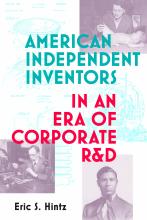
Eric Hintz explores the history of independent inventors, their complex relationship with corporate America, and their resurgence in the late 20th and 21st centuries.
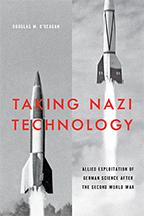
Douglas O'Reagan discusses the Allied effort to appropriate German science, technology, and industrial capability during and after World War II.
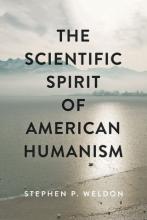
Stephen Weldon discusses the history of the humanist movement in America and the ways in which its "scientific spirit" became central to American liberal culture and values.
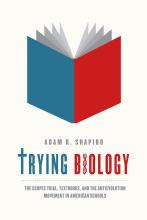
Adam R. Shapiro examines the Scopes Trial and the antievolution movement in America from a new vantage point, turning to the early twentieth century science textbook industry and push for compulsory education to understand the battle over what was taught in America's schools.

Eugenia Lean explores the transformation of Chinese industry in the early twentieth century. Lean demonstrates the importance of culture and knowledge production to China's industrial, technological, and economic development.
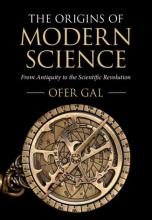
Listen in as professor of History and Philosophy of Science Ofer Gal offers a peek into his exploration of science as a global cultural phenomenon.
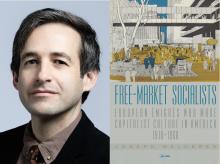
Joseph Malherek explains the socialist roots of U.S. social research. He charts the lives and careers of Hungarian artist-designer László Moholy-Nagy, the Austrian sociologist Paul Lazarsfeld, and his fellow Viennese Victor Gruen—an architect and urban planner—to tell the story an intellectual migration from Central Europe to the United States. These figures sought answers to the question: why do people do the things they do and make the economic decisions they make? Malherek demonstrates how U.S. businesses channeled socialist thought for creative solutions to the practical problems of industrial design, urban planning, and consumer behavior.
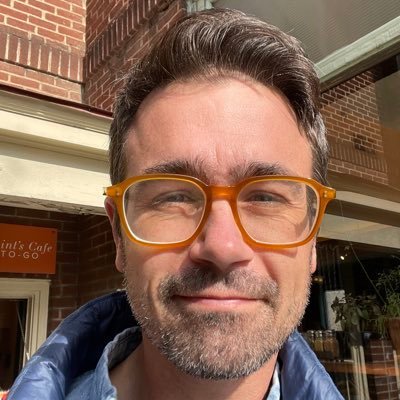 Christopher Heaney describes how South American ancestors became coveted mummies, skulls, and specimens of knowledge and nationhood.
Christopher Heaney describes how South American ancestors became coveted mummies, skulls, and specimens of knowledge and nationhood.
 Masters of Health charts the rise of racist theories in U.S. medical schools, examining the extensive legacies of slavery in modern medicine.
Masters of Health charts the rise of racist theories in U.S. medical schools, examining the extensive legacies of slavery in modern medicine.
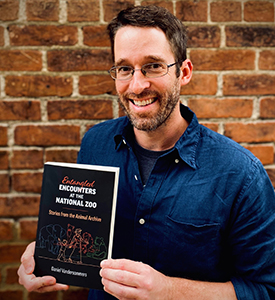 Daniel Vandersommers shows how the popular zoology fostered by the National Zoo shaped American science, culture, and conservation during the Gilded Age and Progressive Era.
Daniel Vandersommers shows how the popular zoology fostered by the National Zoo shaped American science, culture, and conservation during the Gilded Age and Progressive Era.
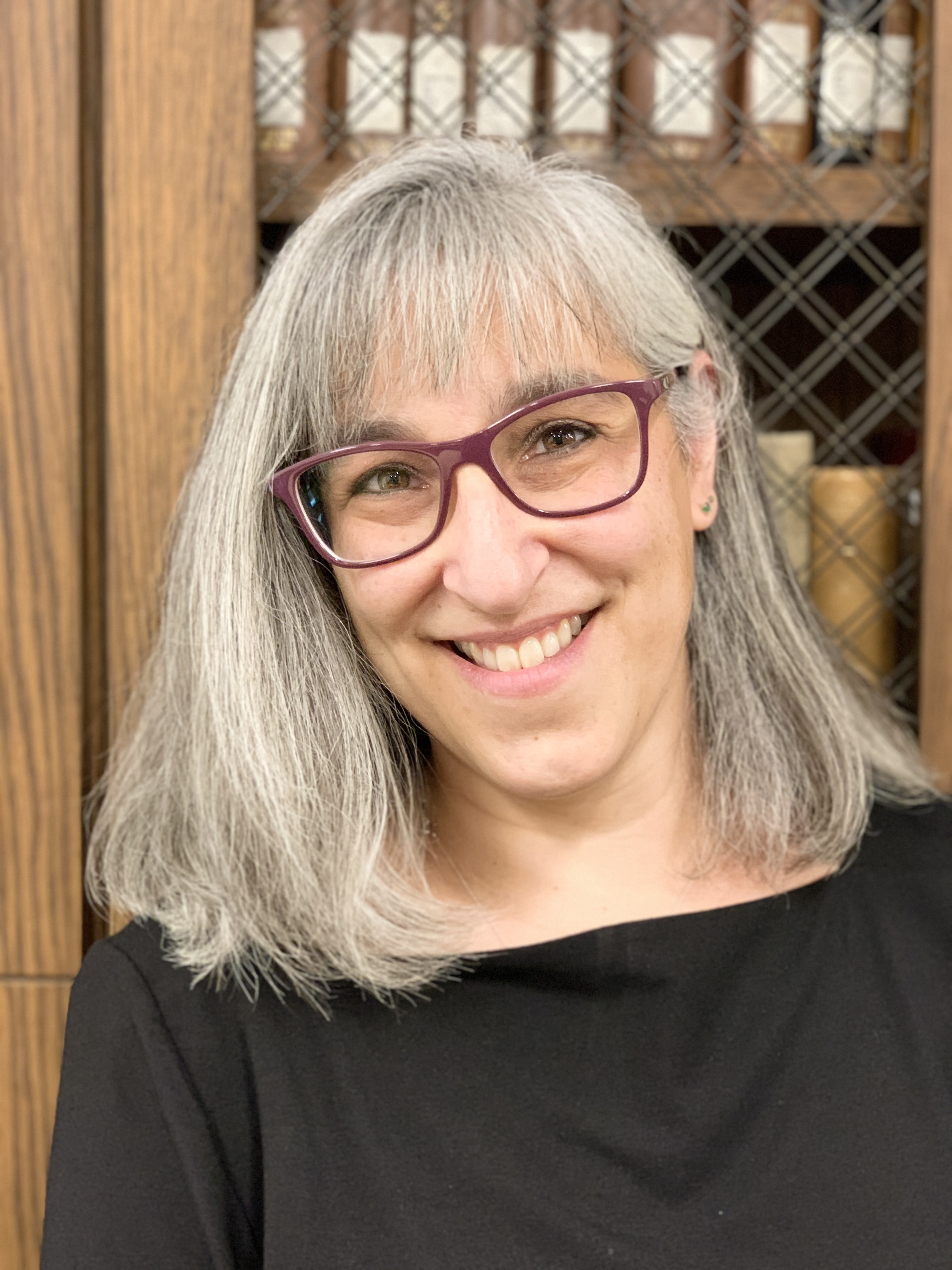 Rena Selya examines the life of Nobel-winning biologist Salvador Luria, whose passion for science was equaled by his commitment to political engagement in Cold War America.
Rena Selya examines the life of Nobel-winning biologist Salvador Luria, whose passion for science was equaled by his commitment to political engagement in Cold War America.
Donald L. Opitz discusses his book project, Daughters of Ceres: The Scientific Advancement of Women in Horticulture, 1870–1920 .
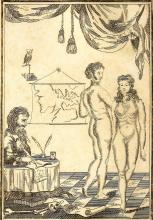
Follow along with Professor Mary Fissell as she discusses her research on Aristotle's Masterpiece, a late 17th century English sex and midwifery manual.
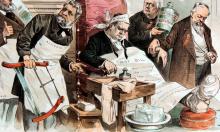
Bert Hansen guides us through his donated collection of images of medical treatments and technologies found in nineteenth century mass media publications.
